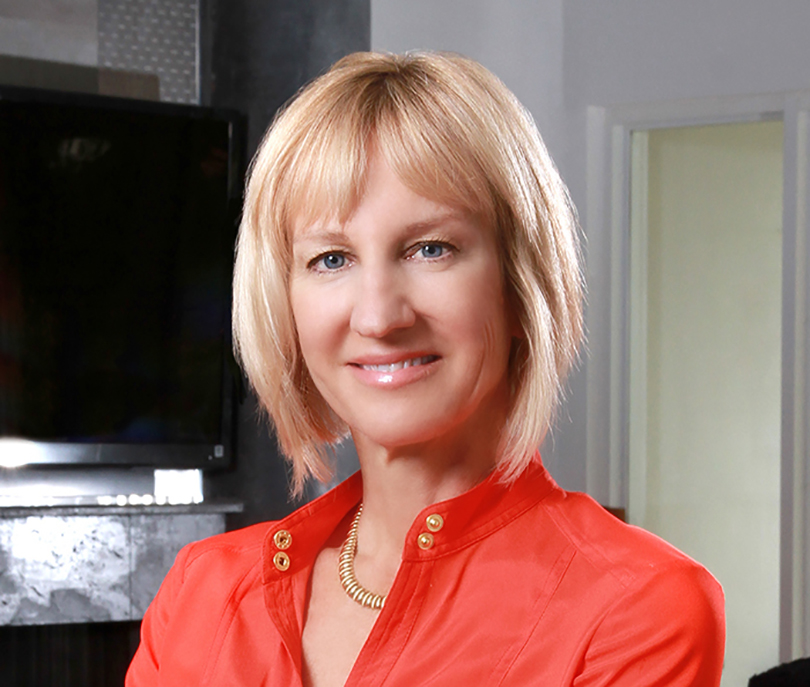Quests for returns lead to private illiquid investments
By Julie Neitzel
Over the last several years, investors have been fatigued by public securities markets’ modest returns and high volatility. With global economic growth tepid, and interest rates and inflation at historic lows, public markets have produced modest single-digit returns. And consensus forward expectations don’t point to meaningfully higher returns.
The current state of the markets is frequently described as “stay lower longer.” During the days of double-digit market returns, a common investment goal was to double one’s money every 10 years. This could be accomplished by generating a 7.25-percent annual return. Recently, most diversified public market portfolios have produced low single-digit annual returns, or even negative ones, pushing the “double your money” goal out to 15 years or longer.
The conundrum for investors is how to increase overall portfolio returns in the current environment. One possibility to discuss with your financial adviser is an allocation to less-liquid private investments, or “illiquids.”
Illiquids typically include private equity, private credit and venture capital funds, and direct investments in real estate, operating businesses, early stage companies and other sectors. Given the current global interest in illiquids, there is a substantial private equity industry of more than 4,000 global private-equity firms aggregating more than $2.4 trillion in capital. The ongoing growth of this industry correlates to institutional and individual investors’ continuing desire to generate better-than-public-market returns.
Illiquids, similar to public-market investments, involve the possibility of losses and other risks. By definition, illiquids cannot be readily sold – sometimes for many years. That requires the investor to consider them as “patient capital investments.” In other words, they typically have a longer investment period to deliver the expected higher return.
Unlike a public market bond, the timing of return on capital and return of capital is not typically the subject of a covenant nor pre-determined. Assessing the investment merits of illiquids is more complex as public financial information generally isn’t available readily, and the due diligence and financial/investment analysis requires experience and skill. The documents and legal and financial structures used for illiquids are complex, which can create investment structure risks.
How illiquids are priced and sold is another important consideration. Typically, illiquid managers require an investment of $1 million or more. Private banks and brokerage firms generally receive a fee to introduce their clients to private equity funds and other illiquids. Certain family offices have created a business of establishing investment pools for illiquids, inviting outside investors to participate in their investment product. Other family offices have created exchanges, such as ShareNett, that allow them to directly communicate and invest alongside like-minded investors, creating “club deals” for illiquids, while regularly assessing and sharing direct investment opportunities.
Some multifamily offices regularly review illiquid opportunities on behalf of each family and portfolio. As with all investment products, it is essential to determine if the introducing party is being compensated for a sale of the investment and whether the investor’s investment goals are aligned with the particular illiquid opportunity. When considering an illiquid investment, it is critically important to have proper guidance, given the relative lack of transparency and the illiquidity of your capital for 10 years or more.
Notwithstanding these complexities, research shows that about two-thirds of ultra-wealthy individuals are investing in private-equity funds and other direct investments. During 2015, wealthy individuals invested more than $178 billion in commercial real estate. A study from Tiger 21 revealed its ultra-high-net-worth members are increasing their private-equity allocations to 23 percent during 2016. An allocation to well-managed illiquid investments has historically delivered a premium to public-equity returns in a portfolio, with a reasonable amount of risk.
The sizing of the illiquid allocation is important and should be based on an investor’s tolerance and financial capacity for illiquidity. Illiquids are not for every investor and should be thoughtfully considered and discussed with your advisers before you invest. ↵
Julie Neitzel is a partner and advisor with WE Family Offices in Miami and a board member of the Miami Finance Forum. Contact her at julie.neitzel@wefamilyoffices.com or 305.825.2225.














